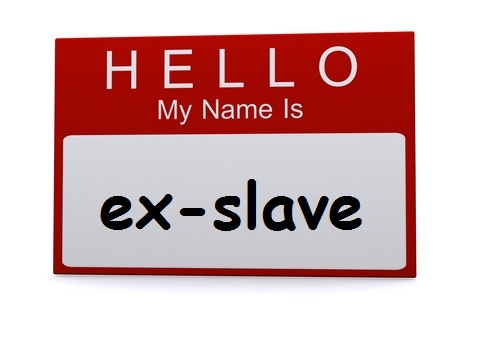In this week’s Torah reading, we learn that as Jews who have been through persecution and who know what it feels like to be victimized, we should have a high level of empathy. We cannot mistreat any of OUR workers and we cannot abuse the helpless in our communities.
For example, the Torah says in Chapter 23:9, that we cannot oppress the stranger/convert because we know what it’s like – we know the pain one feels when treated poorly! After all, we had just come out of Egypt weeks ago, after having been slaves there for centuries!
Have you ever been in a situation on one side of the experience and then a little while later, you find yourself on the other side? For example, you’re the new kid one year and then the next year, when you’re settled, someone else is the new kid. Or you’re in charge of a group for a project, but then next time you’re taking orders and someone else is in charge. Or you have a broken leg and need help and then another time, your friend is sick and is in need of your help…
What kind of experience have you had like these? Do you find it easy to “do the right thing” because you know what it feels like? Or do you forget? Do you know the difference between sympathizing and empathizing? Sympathizing means being nice because you feel bad for someone but empathizing means really feeling the feelings of the other person because you can – you know that feeling and can put yourself in someone else’s shoes.
Some commentaries suggest that the whole reason God put us through slavery in Egypt was in order to develop our kindness and be the kind of nation that would never hurt or mistreat others!








Leave A Comment